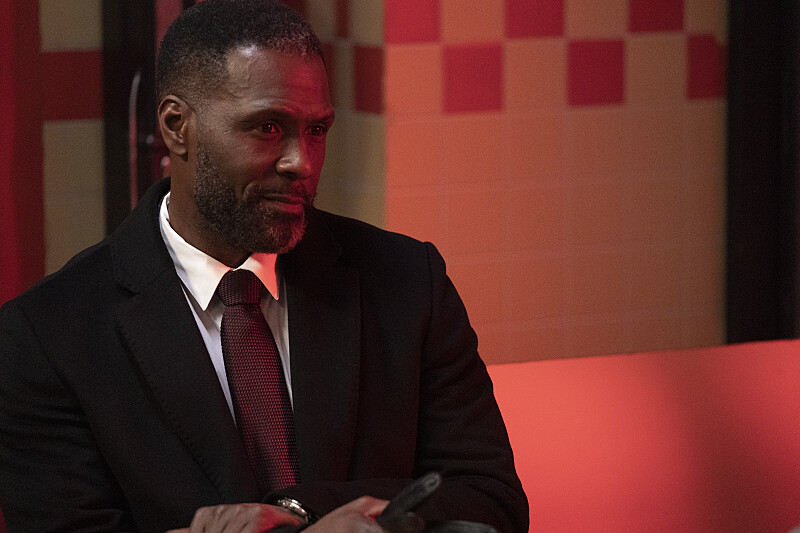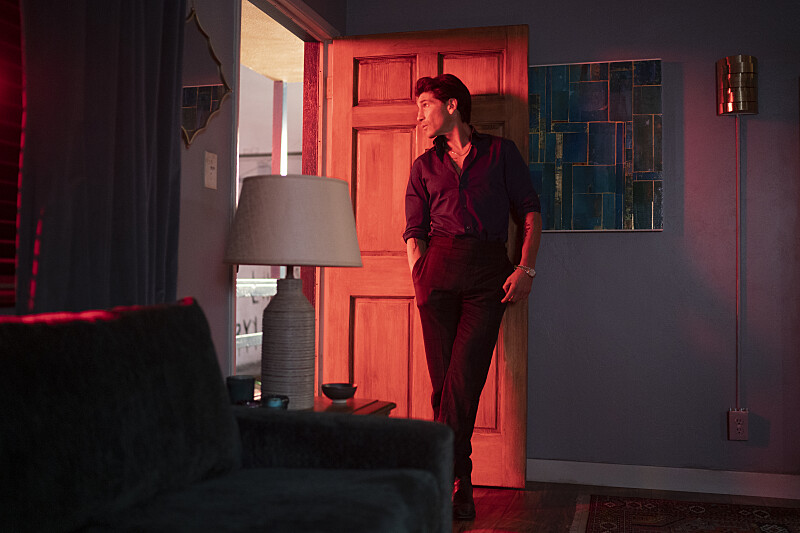Cable TV. Streaming TV. Broadcast networks. So many screens. So little time. We spoke with Jessie Dicovitsky, one of the key decision makers from Showtime Networks to discuss what sets this hybrid cabler/ streamer apart.
“Everything’s getting blended in the industry right now,” declared Jessie right off the bat. The distinct silos of broadcast, streaming and cable television are merging. “Showtime is often thought of as a premium cable service, but we think of ourselves as a streamer. We’re mainly an OTT (over the top) service now.” Identity crisis? No, just evolution as TV viewers leave traditional TV outlets and move towards streaming. That said, there will always be room for diverse viewing experiences. Some viewers will always prefer to channel surf during commercial breaks while others prefer the on demand ad-free experience.
“Hulu and Peacock are targeting broad audiences, while other brands like Showtime, HBO and AMC are targeting more specific audiences who are looking for curated viewing.” Showtime is a subsidiary of Paramount Global and has a combination of free offerings on Pluto as well as paid subscription services. There is also a premium pay service with the more eclectic content for “sophisticated viewers looking for the next generation of auteur content.”
The ecosystem will constantly need to be reinvented. We all need to be nimble during that process.
Jessie has been at Showtime for over a decade and is always looking to break new ground with new television shows. “I worked on Shameless, which defined the network for over a decade.” It was a flagship show that could be retransmitted on Pluto and other outlets to find its new legion of fans. Homeland and Dexter, both of which ran for eight seasons, were also signature shows for Showtime. Dicovitsky joined Showtime during the early development phase of Homeland and watched it blossom into a highly successful TV series.

Jessie Dicovitsky. Photo by Ash Sarohia/ SHOWTIME
Now, Showtime is looking forward with fresh TV shows like Yellowjackets. “It hit versions of nostalgia, pulpy writing, and great storytelling with strong female points of view.” Dicovitsky is particularly excited about Showtime’s upcoming slate which will continue to push storytelling boundaries. Some of these shows would never have been considered for development years ago, but audiences are now craving edgier content. She cites Let The Right One In which is a vampire story of a struggling family trying to fit in. “Who can’t relate to that? I think it has notes that will resonate with a lot of audiences.”
“Three Woman is about intimacy, love, and desire from the female gaze. It’s a refreshing look at sex and love.” Jessie happily admits that Showtime takes big creative swings with their new programming. “The Curse is an interesting and funny look at a marriage when challenges start to hit them. Are they really cursed or is it married life?”
Showtime is constantly receiving pitches for new TV shows to keep the network relevant and exciting. We asked Jessie what they’re currently looking for. “In some ways the conversation has stayed the same, yet constantly changes. We want thought-provoking, challenging, character-focused, and not too plot-heavy material,” she articulated. This raises the issue of how creative boundaries can be pushed in a crowded marketplace.
Showtime prefers substance over form
Jessie Dicovitsky entered the industry for a love of the television medium. “Television taught me something about myself. I’m looking for material that reflects the current world back to me through some unique or innovative lens. Something that makes us think about ourselves, our world, and our future,” she pondered. Jessie feels that asking writers to inspire her attracts them to her. “Writers who are most in touch with their inspiration for a show tend to find the most success at Showtime.” This could stem from a deeply personal event or an intense interest in a subject.
Where Does Showtime Find New Shows?
Although Showtime prides itself on the extensive development devoted to its shows, it rarely generates concepts in house. It sees itself as more of a distributor and acquires a show when most of the details have previously been worked out. It is typically a pilot that is ready for developing into a series. “We’re heavily into the development game and aim to preserve the writer’s original vision.
“Sometimes a new show will be bought from a pitch and sometimes from a pilot script. So long as writers come in with the nugget of the show they want to do. It all depends on how the writer works.”
Connections with writers can come from anywhere besides the traditional agent and manager routes. Dan Perlman and Kevin Iso are stand up comedians who created Flatbush Misdemeanors, and produced a web series that later became a television series. “It was something we believed in and wanted to give them a shot.”
Other shows are created by writers who have risen the ranks on other Showtime shows. Justin Hillian, one of the showrunners on The Chi, is such an example. Jessie prides herself on having worked with first time showrunners who have either worked on a Showtime show in a lower capacity or recommended by other showrunners. “It’s a privilege to build a show around up an coming talent who probably have the vision but not the experience to run a TV show.” This is a joy for smaller distributors. “You can adjust your infrastructure to support that individual more easily than a larger company.”

Douda (Curtiss Cook) in The Chi. Photo by Elizabeth Sisson/ SHOWTIME
Dicotivsky has also developed writers who’ve come from playwriting and other parts of the industry. “I love the opportunity to find those new voices and champion them. I can help them learn and oversee their own production.”
Showtime doesn’t have a set pitching protocol with regard to new content. Jessie has purchased shows after conversations with writers with a particular interest. “If you can set up an articulate your concept well, you’ll find a buyer.” Jessie Dicovitsky needs to understand why a writer is pitching a project and why now to get interested. Then she’ll focus on the substance and mechanics of a potential TV show. “Who are the characters, how they relate to each other, and how they crash and bruise up against each other and find their way by the end of the season.”
She’s also interested in the unique and interesting ways a writer can pull together and describe that world. “What are the insights that you have into characters that help me understand what you want to relay to an audience? Finally, you need to be able to articulate your excitement and passion to stick with the show for ten seasons.”
Pitches don’t need to be fully formed, but writers do need to provide a sense of story trajectory. Some writers create story bibles, pitch decks, mood boards or other visual presentations. These are all welcome at Showtime as sales tools because they ultimately convey your thoughts and your vision for the show.
Remakes – Same Old or Same New?
Showtime dipped its creative toe in the film to TV adaptation waters with American Gigolo. It’s a trend based on the common practice of IP having an existing fan base. “For Showtime, a remake needs to make sense in terms of what it’s saying about the now,” Dicovitsky added. “American Gigolo felt like an interesting way to explore sexuality in today’s world. The idea of having a man who was outside the current dating scene exploring being a gigolo as a newcomer felt like a like a real opportunity to make some commentary about male and female desire and what it means to make a connection in today’s society with modern day pressures. It’s about an analog man walking into the center of that culture.”
“Halo was a no-brainer, because it had many untapped storylines. It was a world begging to be explored in a TV serial fashion. It had constant themes of religion and humanity overcoming intense trauma.”
There has to be a resonant and urgent reason for Showtime to remake a show
